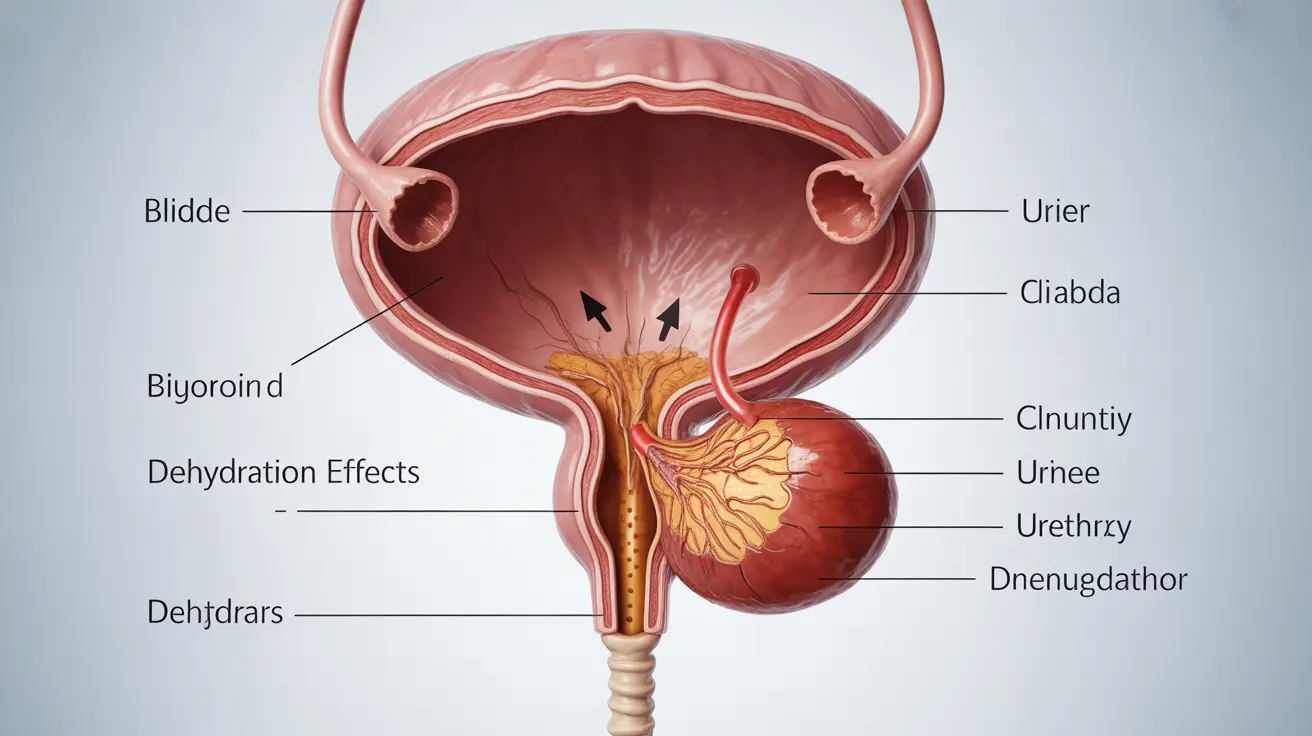Oranges are not just delicious citrus fruits; they're powerful packages of essential nutrients that can significantly impact your overall health. From supporting immune function to promoting heart health, these vibrant fruits offer a wide array of benefits that make them a valuable addition to any healthy diet.
Understanding the full spectrum of orange's health benefits can help you make informed decisions about incorporating them into your daily nutrition plan. Let's explore the remarkable ways this citrus fruit can enhance your wellbeing.
Nutritional Profile of Oranges
One medium-sized orange (approximately 131 grams) provides an impressive array of nutrients while containing only about 62 calories. These fruits are particularly notable for their high vitamin C content, delivering more than 100% of your daily recommended intake in just one serving.
Beyond vitamin C, oranges contain significant amounts of:
- Folate
- Potassium
- Calcium
- Thiamine
- Fiber
- Antioxidants
Immune System Support
The exceptional vitamin C content in oranges plays a crucial role in maintaining a robust immune system. This essential nutrient stimulates the production and function of white blood cells, your body's primary defense against infections and illnesses.
Regular consumption of oranges can help strengthen your immune response and potentially reduce the duration of common colds and other minor infections. The antioxidants in oranges, including flavonoids and beta-carotene, further enhance their immune-boosting properties.
Heart Health Benefits
Oranges contain several compounds that support cardiovascular health. The high levels of potassium help regulate blood pressure, while the fiber content can help manage cholesterol levels. Additionally, the flavonoids in oranges, particularly hesperidin, have been associated with reduced inflammation and improved heart function.
Research suggests that regular consumption of citrus fruits like oranges may help reduce the risk of heart disease and stroke by:
- Lowering blood pressure
- Improving cholesterol profiles
- Reducing inflammation
- Supporting healthy blood vessel function
Digestive Health and Fiber Content
Oranges are an excellent source of dietary fiber, containing both soluble and insoluble forms. A medium orange provides approximately 3 grams of fiber, contributing to about 10% of your daily fiber needs. This fiber content supports digestive health by:
- Promoting regular bowel movements
- Feeding beneficial gut bacteria
- Helping maintain healthy blood sugar levels
- Supporting weight management goals
Pregnancy and Folate Benefits
For pregnant women, oranges are particularly valuable due to their folate content. Folate is crucial during pregnancy for:
This essential B-vitamin helps prevent neural tube defects in developing fetuses and supports proper cell division and DNA synthesis. One medium orange provides about 40 micrograms of folate, making it an excellent natural source of this vital nutrient.
Frequently Asked Questions
What are the primary health benefits of eating oranges?
The primary health benefits of eating oranges include immune system support through high vitamin C content, heart health promotion through potassium and fiber, improved digestive health, and essential nutrient provision, including folate for pregnancy support. They also contain powerful antioxidants that help fight inflammation and protect cells from damage.
How does the high vitamin C content in oranges support immune function?
The vitamin C in oranges supports immune function by stimulating the production and activity of white blood cells, enhancing the body's ability to fight infections. It also acts as an antioxidant, protecting immune cells from damage and helping maintain the skin's barrier function against pathogens.
Can oranges help lower cholesterol levels and improve heart health?
Yes, oranges can help improve heart health through their fiber content, which aids in lowering cholesterol levels, and their potassium content, which helps regulate blood pressure. The flavonoids in oranges also help reduce inflammation and support overall cardiovascular function.
Are oranges a good source of fiber for digestive health, and how much fiber do they contain?
Oranges are indeed a good source of fiber, containing approximately 3 grams per medium fruit. This fiber content supports digestive health by promoting regular bowel movements, feeding beneficial gut bacteria, and helping maintain healthy blood sugar levels.
Why is it important for pregnant women to consume oranges for folate intake?
Pregnant women should consume oranges for their folate content because this B-vitamin is crucial for preventing neural tube defects in developing fetuses and supporting proper cell division. One medium orange provides about 40 micrograms of folate, contributing to the increased folate needs during pregnancy.




